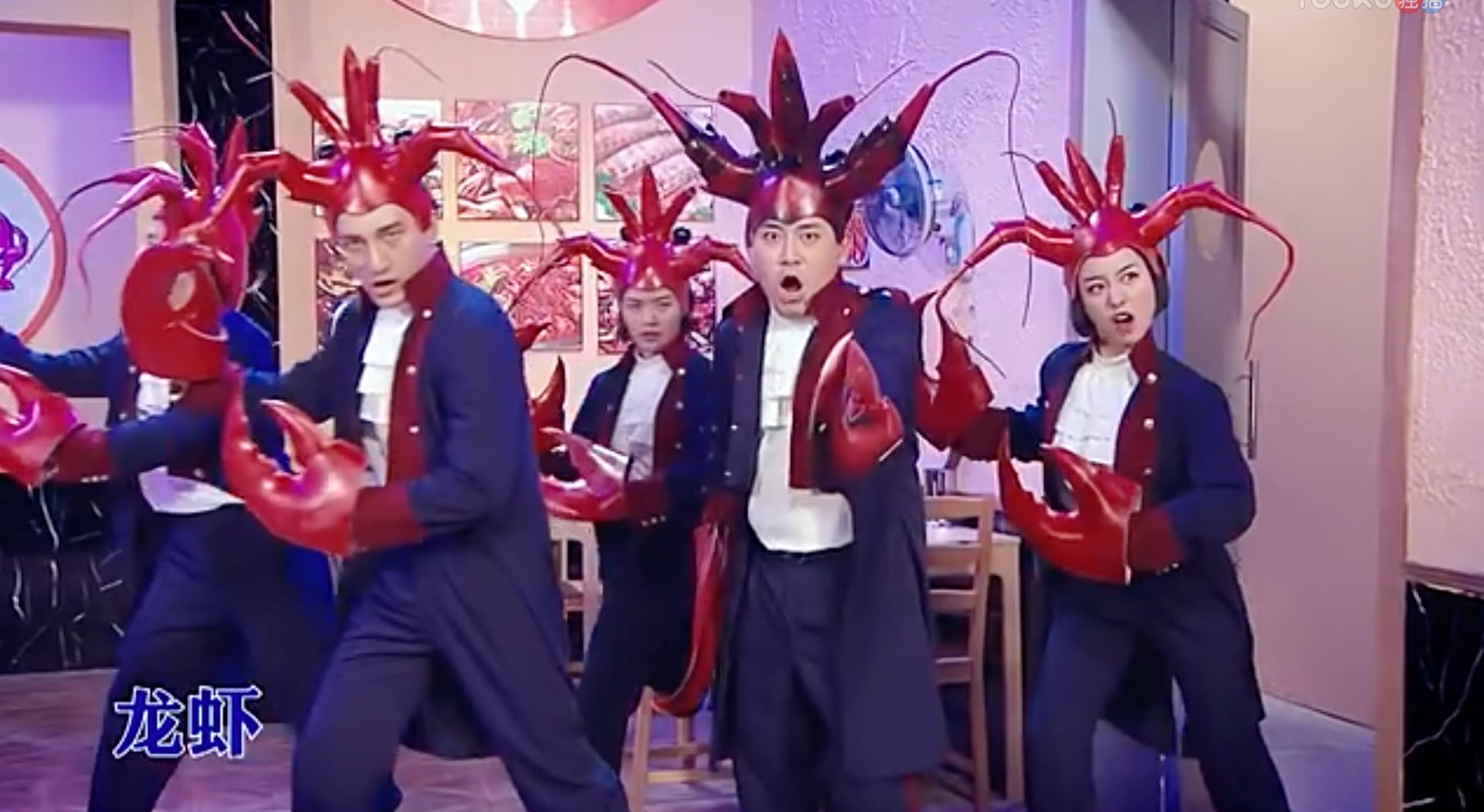China’s “Saturday Night Live” steered clear of politics—and still got yanked
Only three episodes into its run, China’s version of Saturday Night Live appears to be no more.


Only three episodes into its run, China’s version of Saturday Night Live appears to be no more.
Youku, the video-streaming site that first aired the program June 23, has removed all past episodes from the show’s page—though some short clips can still be viewed. The show was set to air its fourth episode on Saturday (July 14), but it did not get broadcast. On Weibo, China’s Twitter-esque web service, the show sent out a message (link in Chinese) on July 15 that said it “is working hard to become even better and meet your expectations. When you next see Saturday Night Live, you’ll laugh big.”
Alibaba, which owns Youku, didn’t immediately respond to a query on from Quartz on why the show had been removed.
It’s possible that China’s SNL is yet another victim of Beijing’s strict censorship regime, which in the past has led The Big Bang Theory and Bojack Horseman to get scrubbed from the country’s streaming sites. On July 10, China’s State Administration of Press, Publication, Radio, Film, and Television (SAPPRFT), one of the most powerful regulators of the media industry, published a directive (link in Chinese) that singled out “idol” and variety shows and called for streaming sites to “organize experts to carry out vigorous evaluations for themes, value orientation, ideology, and setting.”
Unlike its American predecessor, China’s SNL largely shunned politics in its brief life—sketches for the first episode featured jabs at the country’s not-so-stellar soccer team, its pop stars, and its crayfish obsession. The edgiest bit featured male and female cave dwellers subverting traditional gender stereotypes.
While some might lament that the fate of China’s SNL marks yet another example of China’s censors blocking content, the show seems unlikely to be missed. On Douban, China’s leading site for ranking entertainment, the show has netted an average rating of 2.5 stars out of five, with 36% of voters giving it only one star. Many reviewers called the performances awkward, while others criticized the lack of edgy material. “Overseas a lot of the laughs come from mocking public figures or politicians. That’s impossible in China, so the whole thing is pointless,” wrote one commenter (link in Chinese).
—Ziyi Tang contributed to this piece